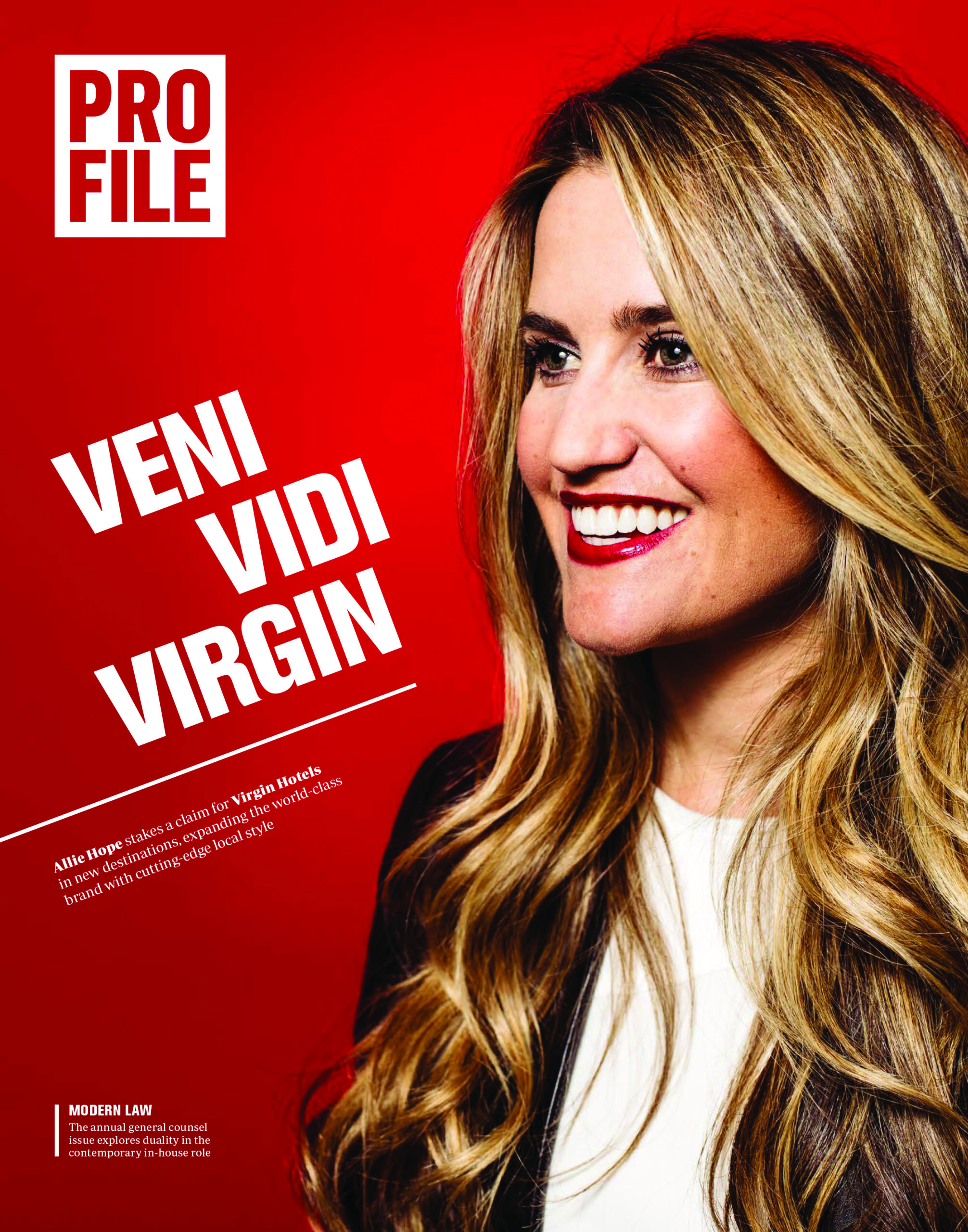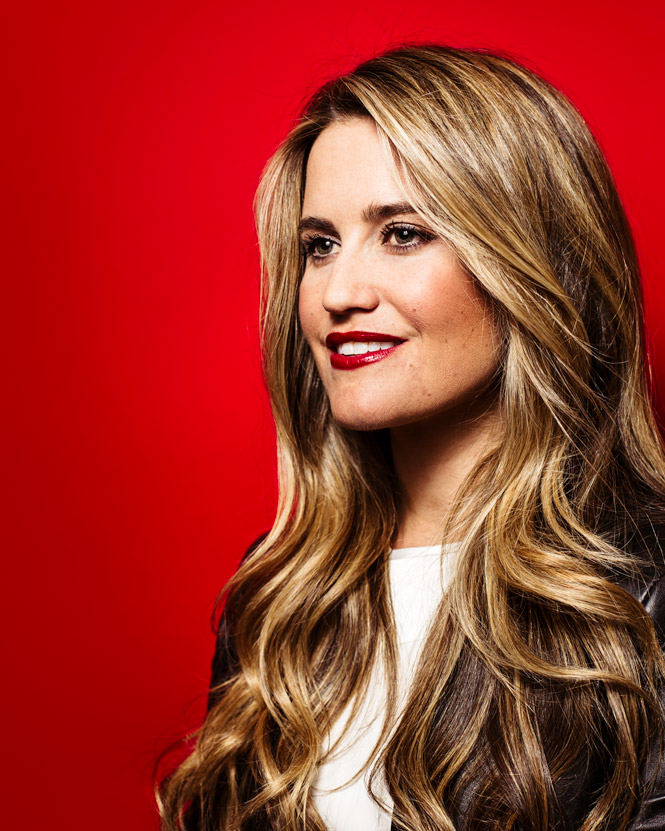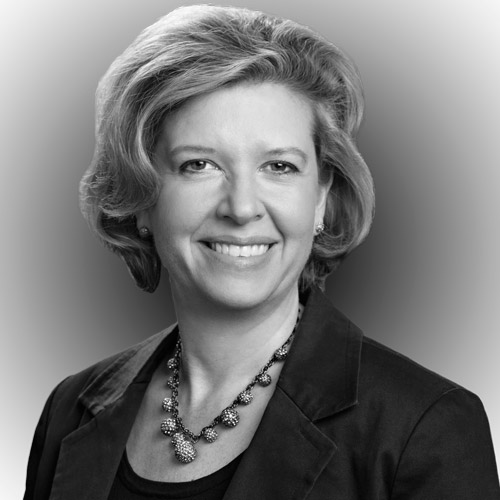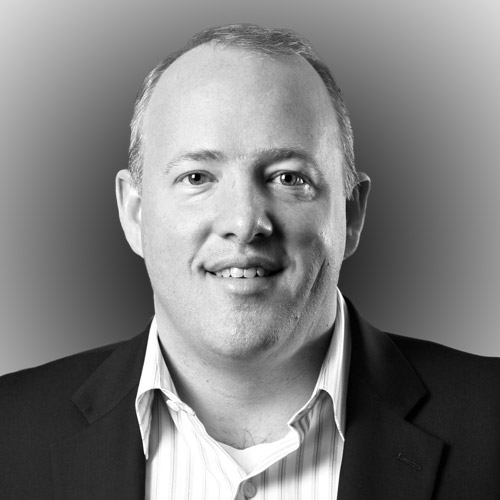Hospitality is a people business, and that’s why Allie Hope can’t imagine doing anything else. Hope is the head of development and acquisitions for Virgin Hotels, which opened its first hotel in January 2015 in Chicago to wide acclaim as the new global player in boutique, lifestyle hospitality. But beyond the rooftop bars, restaurant lounges, and iconic Virgin-red interiors, Hope says, at the end of the day, her work is about the people.
“The people are what keep me coming back every day,” Hope says. “The relationships we make are what’s most important.”
Hope’s contagious, people-centered passion mirrors the philosophy of the Virgin Hotels brand, which she’s been instrumental in forming. Officially launched in 2010, Virgin Hotels is one of the newest in a long chain of Virgin Group ventures led by Sir Richard Branson, who founded the multibillion-dollar venture capital conglomerate in 1970. Over the past four and a half decades, Branson’s Virgin Group has expanded to more than 400 companies in fifty countries employing 50,000 people in travel, media, finance, racing, space tourism, and now, lifestyle hotels.
Though its diverse portfolio is what makes it a powerhouse, Virgin has long distinguished itself by applying what it calls its core principles of “quality, innovation, fun, and a sense of competitive challenge” in its investment philosophy. The idea of breaking into a crowded lifestyle market, especially in the tepid waters left by the storms of the 2008 recession, certainly promised a challenge. But when Virgin approached Hope in 2010 to lead development and acquisitions for the brand, the challenge is exactly what attracted her to the opportunity.

“I’ve followed a really untraditional path my entire career, and I’ve always been very entrepreneurial,” Hope says. “Virgin Hotels was an entrepreneurial opportunity with the support of a large global brand—the best of both worlds. There were a lot of unknowns, but that’s what made it so exciting.”
Compared to the established legacy-luxury brands like Marriott and Hilton, Virgin Hotels offers a unique value proposition leveraging Virgin’s puckish aesthetic to blur the lines between work and play. It’s five-star style at a four-star price point. And this approach includes everything from the small details—like charging corner store prices for in-room snacks rather than the 300 percent candy-bar markups guests accept as inevitable elsewhere—to bigger details, such as specially designed beds, dynamic lighting, community spaces, free Wi-Fi, and more.
Indeed, such amenities suit Virgin Hotels’ target market, which includes everyone from business travelers to millennials to the seventy million built-in customers of Virgin’s myriad other brands—and whoever else wants something better than a more traditional hotel.
Yet, even with its attractive unique value proposition, Virgin Hotels launched in 2010 with some industry skepticism in a cramped market. “Starting a new brand is probably one of the hardest things to do in the hotel business, which is very mature and capital intensive,” Hope says. “When you’re asking someone to believe in what you’re doing, you’re not asking them for a small favor. You’re asking them to believe with a hundred million dollars.”
But to her advantage, Hope comes to the industry armed with what she calls deal making “tenacity and relentlessness” informed by a lifetime spent in the development business. Both her parents were developers, and she’s formally trained in hoteling from Cornell University’s prestigious hotel school.

Hope then spent several years working in realty and development consulting, winning the Southern California Real Estate “Woman of Influence” Award. She also oversaw the acquisition and disposition of more than $1 billion in hotel transactions at Sunstone Hotel Investors. Hope pursued several other hotel- and hospitality-related successes before being named by several people independently as the ideal candidate for leading development at Virgin Hotels.
So when she started at Virgin, Hope already knew the brand and the markets where the lifestyle sell would be a good fit. Out of the gate, Hope says, the focus for her and her team was on building hotels and creating a global brand. They knew the cities they wanted, so rather than approaching development piecemeal—a rookie approach—Hope says they “went on a hard search to all of our target cities simultaneously.”
Chicago came up first, and in the midst of the city’s ongoing hotel boom, the bar was high for the brand’s reveal. But after a competitive search, Hope found the ideal location in the historic, twenty-six-story, Art Deco Dearborn Bank Building in the middle of Chicago’s Loop. The 186,000-square-foot building was showing signs of significant age and sitting at 38 percent occupancy when Virgin Hotels officially acquired it in 2011. Nearly $90 million and four years later, it’s now one of downtown Chicago’s hottest properties.
And Hope, of course, is beaming. “There were a lot of opportunities to really localize the product,” she says, with localization being a central feature to the brand. “Nobody wants to waste a day in a place, so we design our products so that even if you never leave the hotel, you still feel like you had a great time in Chicago.”
The brand is looking at opening two more hotels in 2017 and 2018 in New York and Nashville, respectively. The New York site, codeveloped with the Lam Group, is situated at the corner of Twenty-Ninth Street and Broadway in NoMad, Manhattan, and will feature over 300 guest rooms and multiple food and beverage venues. Nashville will feature 240 rooms situated on One Music Row, Nashville’s entertainment epicenter, and it will even include a cutting-edge recording studio in the spirit of Music City.
Chicago, New York, and Nashville are just the start, according to Hope. In Europe, she sees a gap in the market for the lifestyle product Virgin Hotels is offering, and that means opportunity. She’s also got her sights on Los Angeles, where the Virgin brand is already well-known and well-established. But beyond the global cities, Hope is especially excited about what the brand will bring to unique US markets, like Colorado’s Aspen and California’s Napa. “It’s about bringing the hotels to places where our customers go to recharge,” Hope says. “They’ll get the relaxation, but they’ll also get the lifestyle stimulation and programming that makes Virgin Hotels so exciting.”
But ultimately, Hope says, Virgin Hotels is about the people. “We want to be where our community is thriving,” she says. “We want people coming to our hotels to feel like they’re part of a community.”

